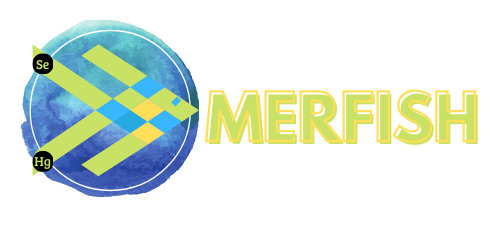Aquaculture
DOI: https://doi.org/10.1016/j.aquaculture.2023.739550
Multipartner research article (INRAE, IPREM-CNRS, IMR)
Abstract
This study evaluated the effect of dietary mercury (Hg) and selenium (Se) sources and levels on growth performance, Hg and Se accumulation, pro-inflammatory cytokine levels and global health parameters in rainbow trout juveniles. A 6-month feeding trial was carried out with a control plant-based diet (containing analyzed Se and Hg levels: 0.3 and 0 mg/kg diet, respectively) or a control tuna-based diet (containing analyzed Se and Hg levels: 7.5 and 0.3 mg/kg diet, respectively) supplemented with 0 or 1.5 mg Se/kg diet supplied either as sodium selenite (Se(IV)) or selenomethionine (SeMet) combined with 0, 1.6 or 2 mg Hg/kg diet supplied as methylmercury (MeHg). Fish sampling was carried out at 2 times: after a short (21 days) and a long term dietary exposure (168 days). In the short term, a temporarily reduced growth was noticed in fish fed MeHg-supplemented plant-based diet in absence of dietary Se supplementation. MeHg supplementation increased pro-inflammatory cytokine TNF-α and IL-1β levels in plant and tuna-based diets. MeHg supplementation also affected short-term fish global health parameters with an increase of glucose and albumin levels in tuna-based diets. The addition of SeMet in MeHg-supplemented tuna-based diets protected against the increase of TNF-α level in the long term whereas the addition of Se(IV) in MeHg-supplemented tuna-based diets decreased whole-body Hg level and retention in the short term. In the long term, a reduced growth, a higher feed conversion ratio and a lower protein efficiency ratio were recorded in fish fed Se(IV)-supplemented tuna-based diets in absence of MeHg supplementation. The addition of Se(IV) or SeMet in tuna-based diets increased plasma IL-6 level. The addition of MeHg in plant and tuna-based diets increased Se accumulation and retention. This work underlines that different forms of Se supplementation, in two dietary background context (low basal Se level in plant-based diets and high basal Se level in tuna-based diets), have specific effects on metabolism and biological consequences of dietary MeHg. Dietary inorganic Se (but not organic Se) affected MeHg metabolism by reducing Hg accumulation in fish. However, dietary organic Se displayed better ability to afford protection against MeHg pro-inflammatory effects.













